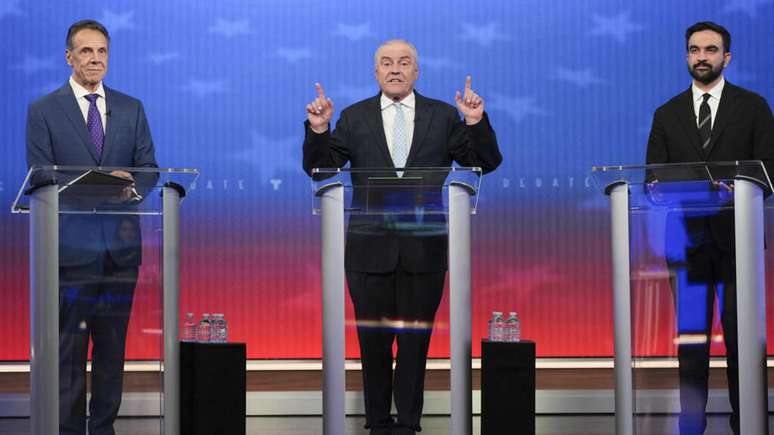The rise of generative AI software has raised concerns
Member states and legislators of the European Union reached this Friday (8) an agreement to develop “historic” rules to regulate artificial intelligence models, such as ChatGPT, after 36 hours of negotiations.
Meeting in Brussels, negotiators set restrictions on how artificial intelligence can be used in Europe that they say will not harm innovation in the sector or the prospects of Europe’s future AI champions.
“Historic! With the political agreement on the AI Act signed today, the EU becomes the first continent to establish clear rules for the use of AI,” said European Commissioner for Internal Market Thierry Breton.
“The AI Act is much more than a regulation, it is a springboard for EU startups and researchers to lead the global race towards trustworthy AI,” he added.
This year the “AI Act” was fast-tracked through the European Union legislative process after the ChatGPT chatbot, a mass gateway for generative artificial intelligence, emerged in late 2022.
While ChatGPT’s ability to create articulate essays and poems has been an impressive demonstration of rapid advances in artificial intelligence, critics are concerned about the potential misuse of the technology.
Generative AI software, which also includes Google’s Bard chatbot, can quickly produce text, images and audio from simple commands in everyday speech.
Other examples of generative AI include Dall-E, Midjourney, and Stable Diffusion, which can create images in almost any style on demand.
Initially, negotiators failed to reach an agreement after a marathon of negotiations that began on Wednesday (6) and lasted 22 hours, ending only with an agreement to resume negotiations the following day.
There was no real deadline, but EU leaders were eager to conclude the deal by the end of the year.
The EU’s executive branch first proposed legislation in 2021 to regulate artificial intelligence systems based on risk assessment of software models. The greater the risk to people’s rights or health, for example, the greater the systems’ obligations.
The law still needs to be formally approved by member states and Parliament, but Friday’s political agreement was seen as overcoming the last major hurdle.
“The AI Act is a world first. A unique legal framework for the development of trustworthy artificial intelligence,” European Commission head Ursula von der Leyen said in a social media post praising the agreement.
“And for the security and fundamental rights of people and businesses. A commitment we have made in our political guidelines – and we have kept it. I congratulate today’s political agreement”, he concluded. .
Source: Terra
Rose James is a Gossipify movie and series reviewer known for her in-depth analysis and unique perspective on the latest releases. With a background in film studies, she provides engaging and informative reviews, and keeps readers up to date with industry trends and emerging talents.






